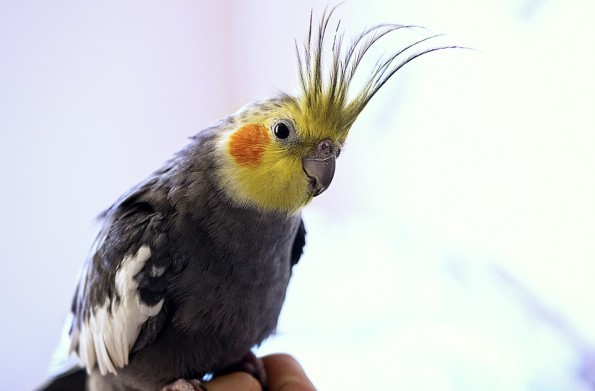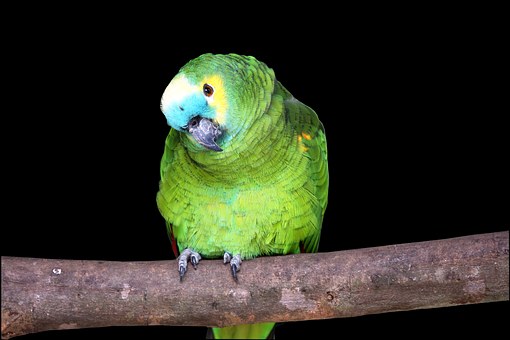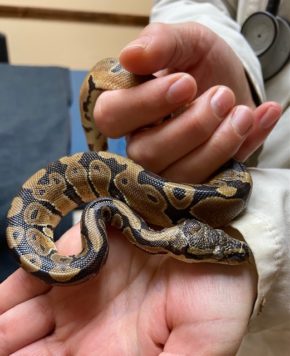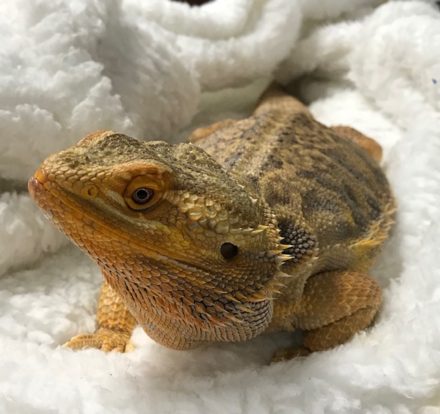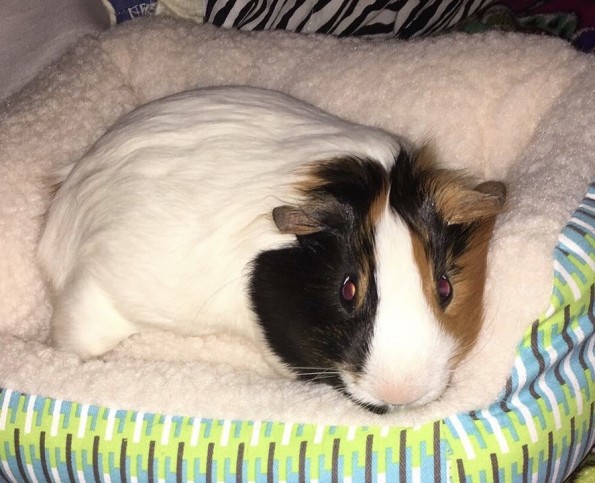You can help keep your ferret healthy by bringing him or her in for an exam once a year. That way, we can monitor any changes that occur in your pet and help prevent or catch diseases early, when they’re easier to treat. As ferrets age, they may need additional testing and dental care.
Common problems associated with ferrets include gastrointestinal disease, parasites, and cancer. In addition, ferrets are inquisitive creatures by nature and frequently ingest objects they shouldn’t. Regular blood tests can help determine whether your ferret has any problems with the kidneys, liver, or pancreas.
Ferrets can also benefit from receiving certain vaccinations and monthly preventives, which we’d be happy to discuss with you during your visit. Please bring a stool sample to your ferret’s annual exam so we can test for internal parasites.
Unless you are planning to breed your ferret, we recommend that he or she be spayed or neutered. Female ferrets, or jills, do not need to give birth once to stay healthy. In fact, spaying can save a ferret’s life. Jills that haven’t been spayed will stay in heat until they’re bred. This condition can cause anemia (a decrease in red blood cells), which can be fatal. In male ferrets, neutering can reduce their strong body odor, prevent marking, and reduce aggressive behavior.
Please contact us right away if your ferret develops any unusual symptoms, such as vomiting, diarrhea, hair loss, lack of appetite, trouble breathing, black ear wax, discharge from the eyes or nose, lumps, swelling, or an increase in aggression or sexual behavior (especially in neutered males).
